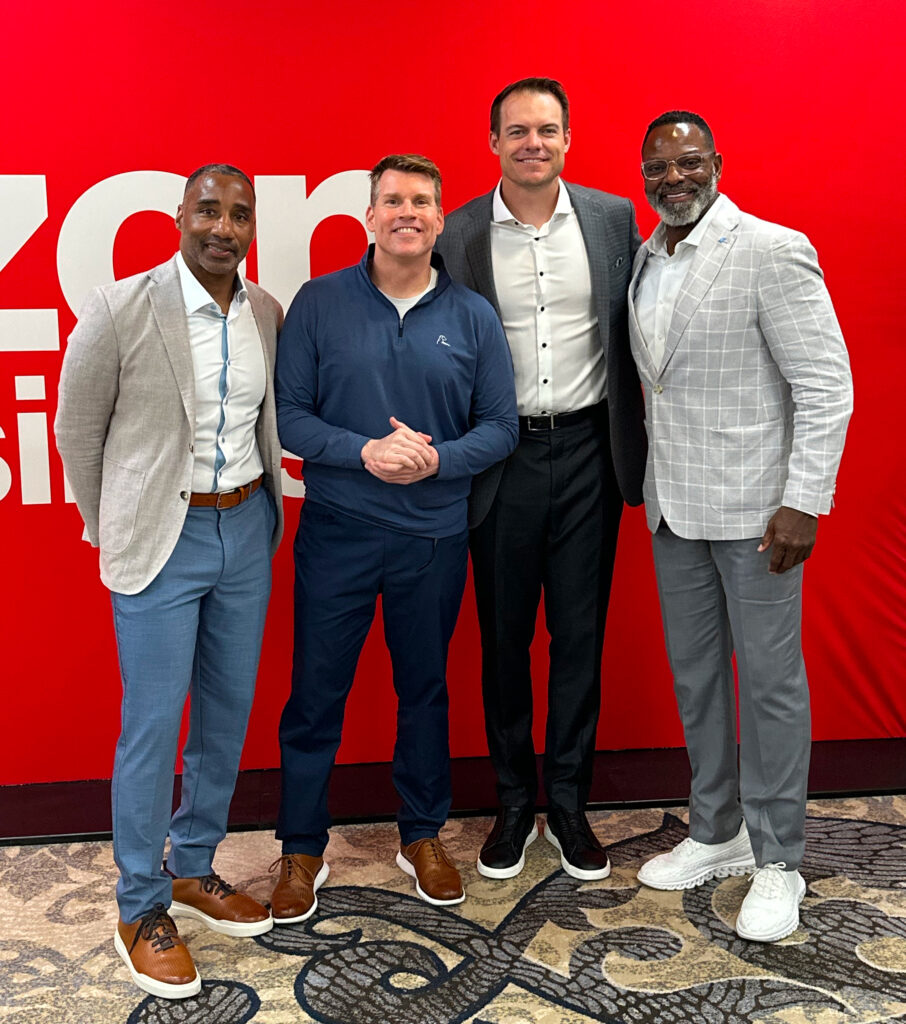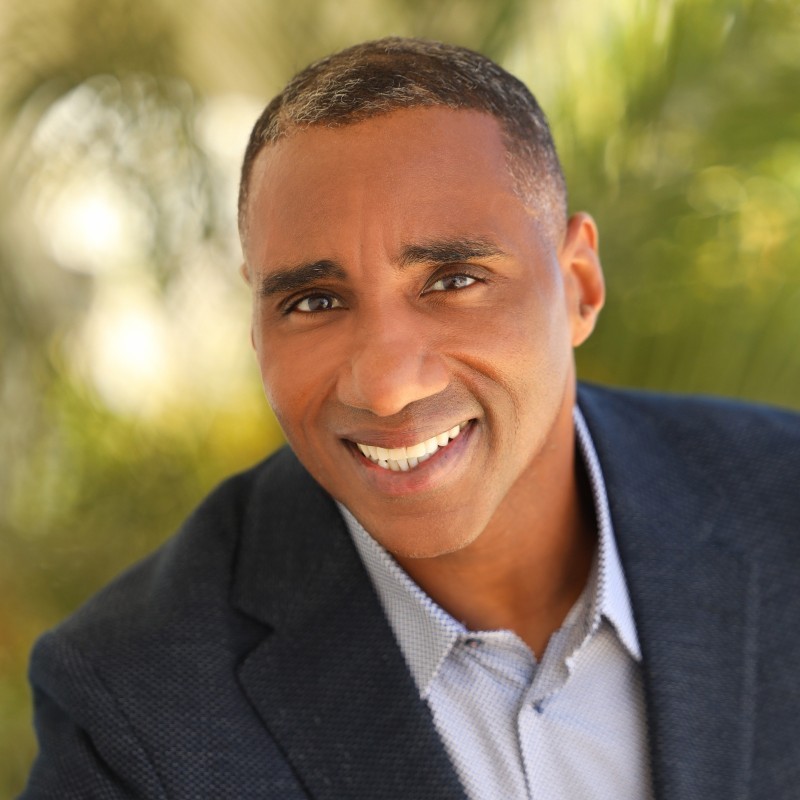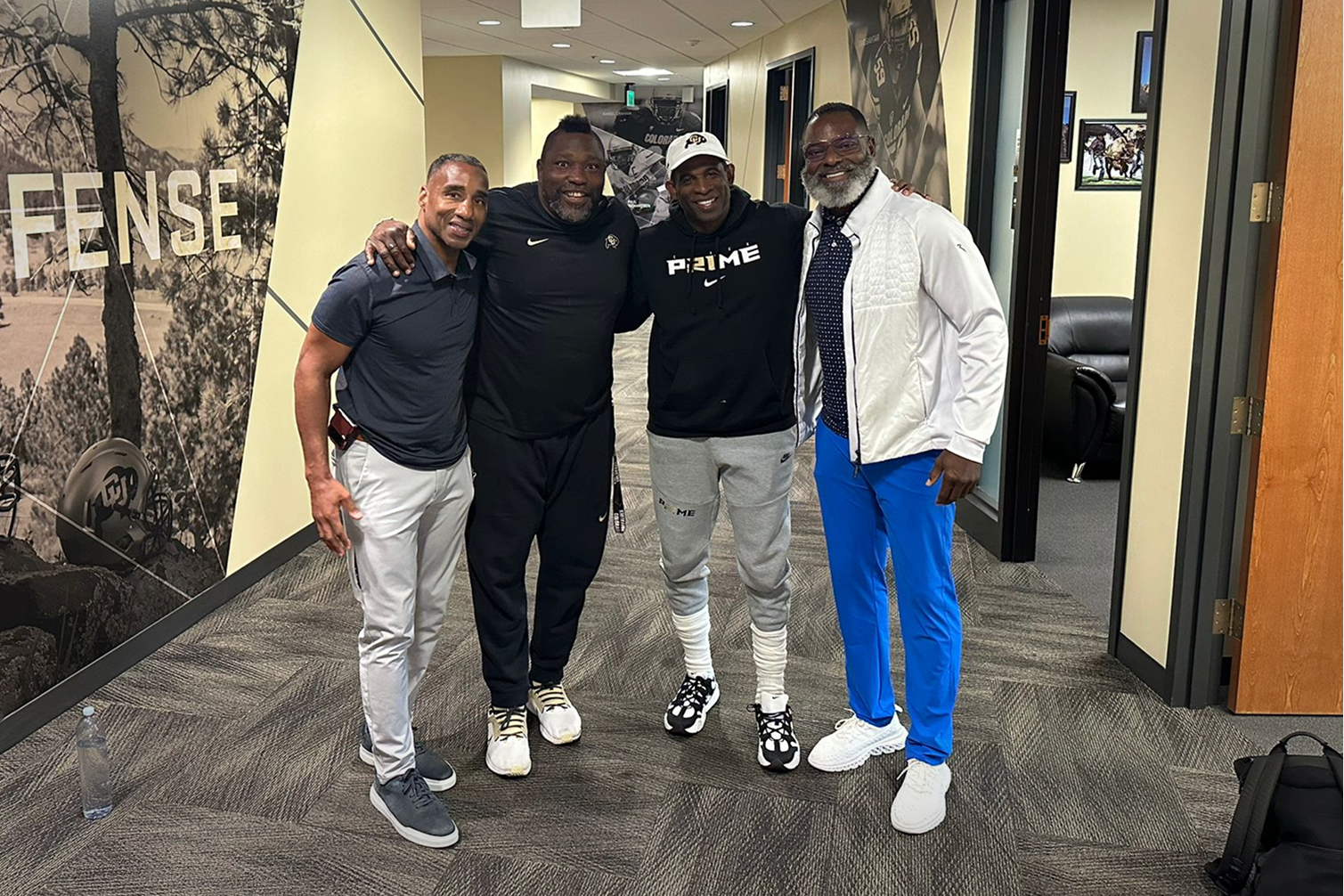At Next League, we talk often about building digital solutions for What’s Next in sports. But the question every marketer, league, and team should be asking is: who knows what’s next before anyone else does? The answer is right in front of us - the athletes themselves.
For too long, the industry has treated athletes as temporary assets - as endorsement deals, autograph appearances, or social media and sports moments that rise and fade. But the truth is, athletes are the #1 asset for any sports business, and this will never change.
Athletes sit at the center of the investment, innovation, and energy that power the sports industry forward. Entire ecosystems have been built on our ability to attract, influence, and engage fans and the general public at large. While Name, Image, and Likeness has a shelf life, as a former professional athlete, I can assure you the concept of Athlete Intelligence does not.
Over years spent on the field, inside locker rooms, front offices, and boardrooms, athletes accumulate knowledge at a level few sports business executives will ever reach. It’s the kind of insight you only gain by living it - learning the business from the ground up and seeing how it truly operates from the inside out. And based on what I’ve experienced firsthand, the athletes who pay attention to this while they’re playing - the ones who stay curious about the business that surrounds them - are often the ones who thrive in post-playing careers. This intelligence is permanent, powerful, and largely untapped.

Throughout my career, I’ve watched brands and tech companies build products, services, and marketing campaigns for athletes often without ever sitting down and engaging us first. Rarely are we asked how we think about fan engagement, or what tools and technologies could help us perform better, recover faster, or build lasting impact. We’re often invited into the room to invest, endorse, or entertain, but not to advise, design, or lead. That disconnect isn’t just frustrating, it’s a missed opportunity.
These missed opportunities have led to some of the most meaningful experiences in my career.
Years ago, I began to notice how athletes’ medical information was handled. This personal information was shared across teams, coaches, and staff in ways that would never be acceptable for any other patient. Realizing this disconnect, I took the time to truly learn HIPAA guidelines and how compliance was often overlooked or ignored in professional sports.
That experience helped me recognize the need for a better system - one that respected athlete privacy, brought transparency to data sharing, and met medical standards. From that insight, I helped build the first HIPAA-compliant electronic medical record system in professional sports. We didn’t wait for the industry to catch up, we created the future standard. That is what Athlete Intelligence looks like when put into action.
It’s the same thinking that guided us as we built Edge3. Teaching an AI model to understand what is most important to players and coaches doesn’t start in a boardroom. It starts on the practice field, in the film room, and in the mind of athletes and coaches who have spent years perfecting their craft. We didn’t ask athletes to lend their name to the product. We asked them to teach it and to share the intelligence that only comes from personal experience. That knowledge became part of the system itself - proof that Athlete Intelligence is not anecdotal.
We’ve applied the same approach working alongside Verizon to develop a new Sideline AI technology for college and professional teams. That technology didn’t come from a product roadmap. It came from conversations with athletes and coaches who knew what they needed to make adjustments in real-time - how information should flow, what distractions to avoid and what clarity looks like when decisions have to be made in seconds. Verizon came to understand that real innovation starts when you stop building around athletes, and start building with them.
This is not just about past success; it’s about what comes Next.
Right now, leagues and broadcasters are monetizing athletes’ data, from biometric readings to performance metrics, without involving the athletes themselves. Watch any NFL Combine broadcast and you’ll see current prospects measured against past player benchmarks. Those benchmarks are intellectual property yet the athletes these are based off of are not compensated.
In betting markets, live player tracking data drives engagement and revenue, yet the players have no seat at the table. But, we believe, not for long. The future of athlete data is all about licensing, ownership, and long-term monetization. The conversations we’re having now with brands and leagues are about how to lead that shift, not react to it.
Teams have a role to play in changing this dynamic too. We believe if they truly want to understand what their fans care about, they should engage their athletes first. Athletes engage with fans every day - on the field, in the community, and on social media. We hear from fans directly and know our authenticity is what helps drive engagement and loyalty. We know the rhythms of a season, the moments where connection matters most, and the unspoken dynamics between team and fan. That’s intelligence no CRM platform can replicate.
At Next League, we turn this intelligence into action. We help sports organizations succeed by delivering tailored solutions that drive results. Our mission is to deliver What’s Next - platforms, tools, and ecosystems that are co-created by athletes, informed by their expertise, and designed to drive long-term value for brands, teams, and leagues alike.
The companies that will lead the next decade of sports innovation are not the ones extracting data from athletes and turning it into dashboards. They are the ones who sit across the table and ask, “What do you know that we don’t?”
We’ve proven it. We’ve built it. And we are scaling it. The question is no longer whether this shift is happening, it’s who you will trust to guide you through it?

